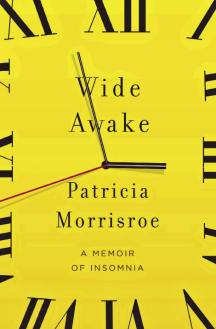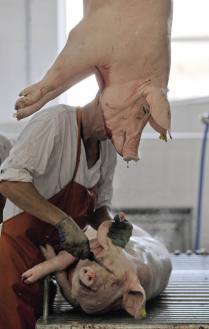Chaos and the tidy mind
In this book, Alexander Masters, the unusual biographer, is living in Cambridge, having written Stuart: A Life Backwards, the story of a homeless man with a disordered mind. Masters lives on the ground floor of a house on Jesus Green; below him, in the basement flat, is Simon Norton, who owns the building. Norton’s flat




